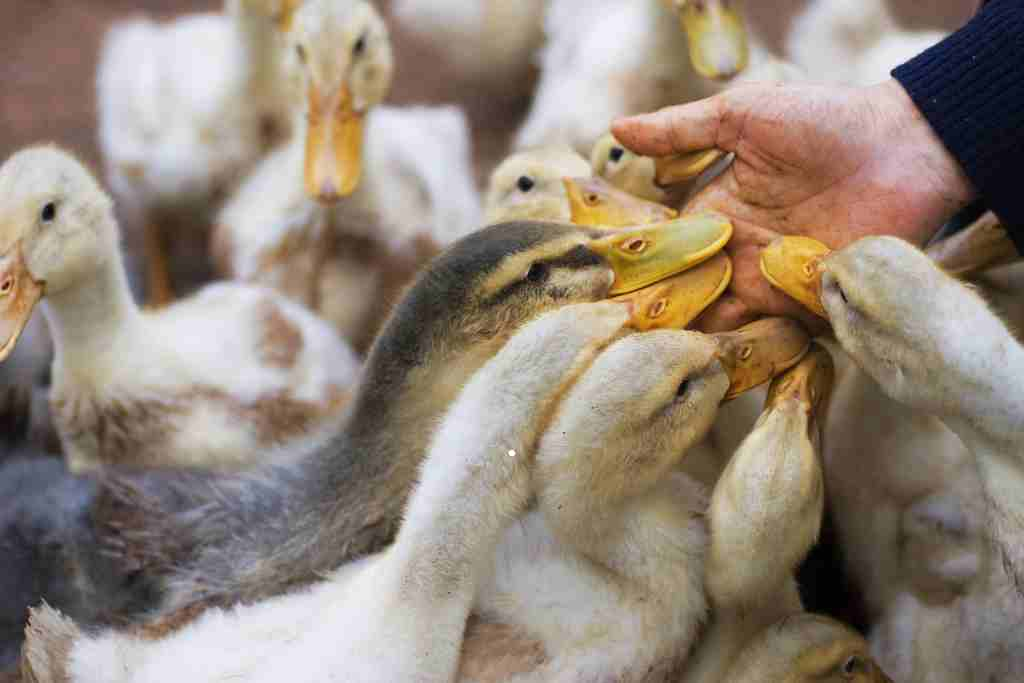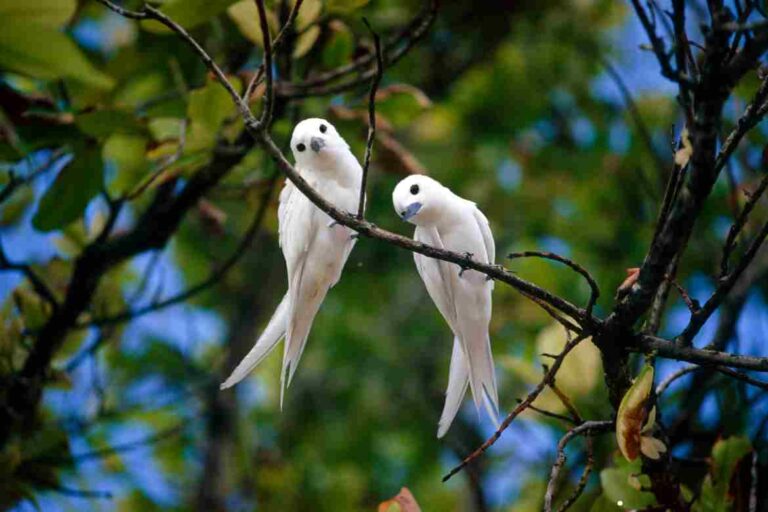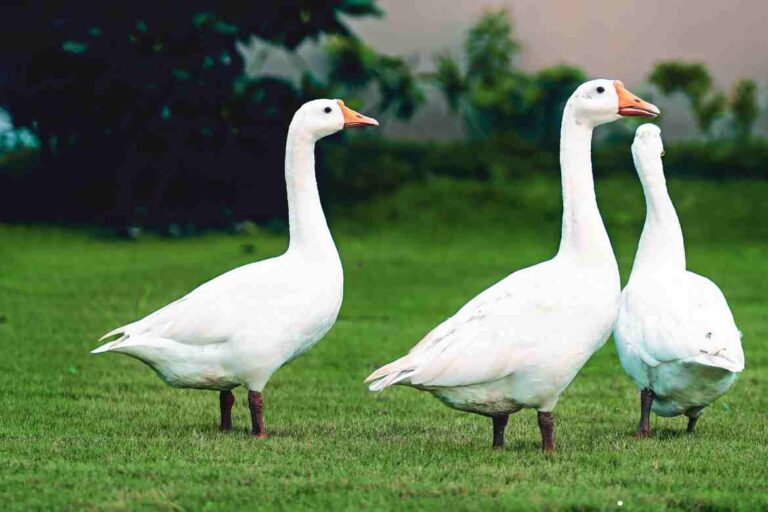Can Ducks Eat Cantaloupe?
Although ducks are curiously Ducks Eat Cantaloupe animals thriving on a wide variety of different foods, one wonders as any duck owner or wild duck feeder would be whether cantaloupe would safely bring nutritious supplements to the diet of ducks. It looks into the safety of giving cantaloupe to ducks, benefits, and precautions you must take before doing so.
Nutrition Facts Cantaloupe
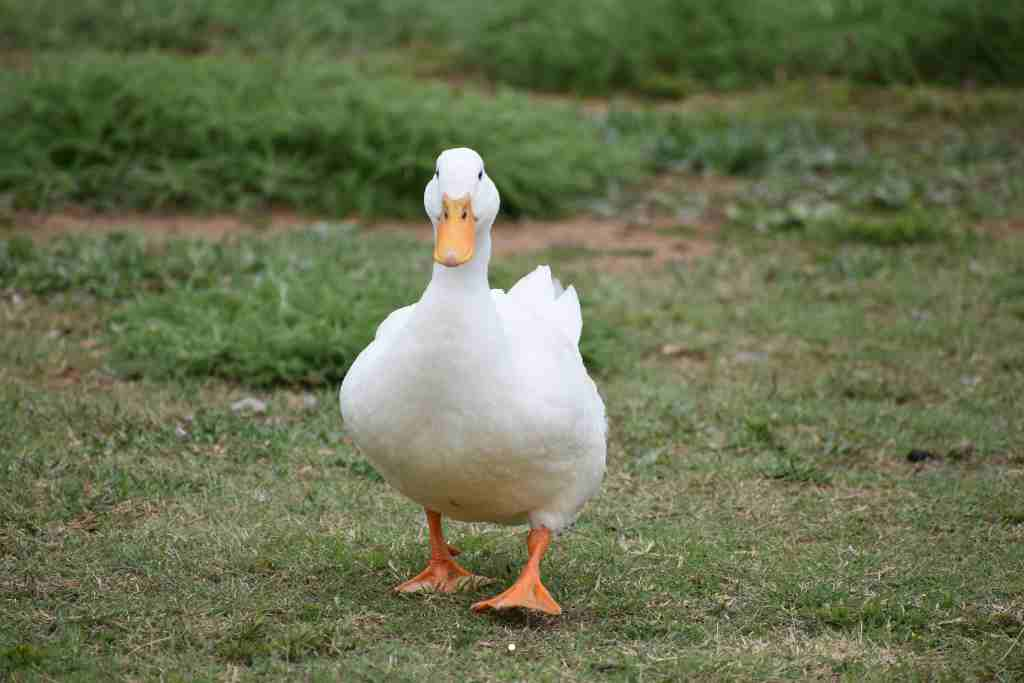
Another, very widely recognized, the cantaloupe is technically muskmelon; indeed an outstanding source of all of the crucial nutrients and vitamins A and C along with potassium and a modest dietary fiber also present. Actually this contains really pretty much very few calories, bringing most of a juicing refreshing value in treat. To the majority of all these provided nutrients for the ducks, they are assured of particular health-related benefits when well taken in appropriate quantities.
Vitamin A in cantaloupe would ensure healthy eyesight and would also aid general immunity. Other animals, aside from ducks, require enough vitamin A for proper growth and development. Vitamin C is an antioxidant that decreases oxidative stress. Although ducks can synthesize some vitamin C endogenously, the supplemental contribution from their diets may still be beneficial.
Explore more info about: Spider Tattoo Meaning: Symbolism, Significance, and Popularity
Is Cantaloupe Safe for Feeding Ducks?
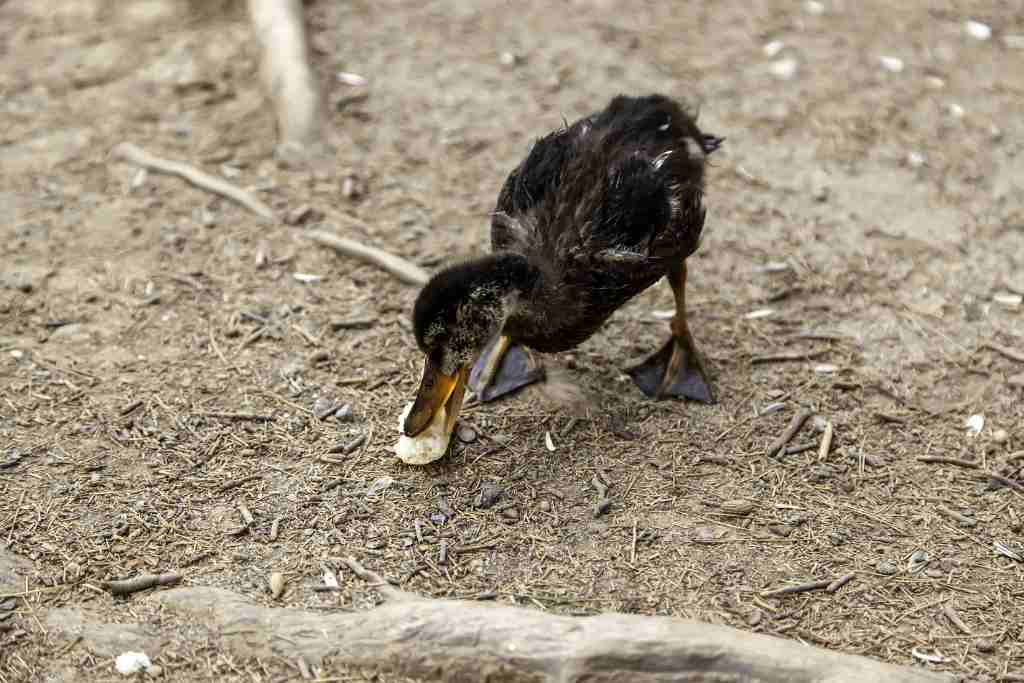
Yes, in fact, ducks can be able to enjoy cantaloupe with no risk for their health at all. Since this fruit is nontoxic and does not have any harmful side effects if offered to them correctly, the only question here remains how to present it to avoid further problems.
The ducks have small beaks. Hence, a big piece of food cannot be taken. Therefore, the cantaloupe has to be fed piece by piece very safely without any risk of choking at all. Lastly, the fruits have seeds and rinds which have to be removed during feeding because it develops digestive problems, hence the food gets hard to digest inside the body.
Explore more info about: what do bichon frise usually die from?
Health Benefits of Cantaloupe in Duck Feeding
There are numerous advantages of having cantaloupe in the diet of ducks. Its high water content will make them drink much less, especially when the weather is warm during the day. Hydration makes physiological mechanisms function at the body level. It helps in maintaining a controlled temperature for the ducks.
Cantaloupe is rich in potassium, which will serve to act to aid in the functions of the muscles. It will be highly beneficial for an active duck, more so one which has the privilege of roving free, or better still considered feral since it maintains fluid balance inside the body. Secondly, since the fruit is naturally sweet, it becomes a good duck treat.
Feeding ducks cantaloupe will encourage a diversified diet, which is very important to their health in general. A mix of different fruits, vegetables, grains, and proteins will offer them a broad range of nutrients and minimize the risk of deficiency.
READ MORE: do porcupines live in Georgia?
Precautions to Be Aware Of
Although nontoxic to ducks, cantaloupe will be taken in moderation because overfeeding the ducks with cantaloupe or fruits will interfere with the proper and well-balanced diet. The diet of the ducks has to be supplemented with grains, seeds, and protein sources with fruits and vegetables in minimal percentages.
In fruits, excess consumption generally induces gastrointestinal upset as diarrhea. In the case of cantaloupe, it is so stacked with sugar that although natural, fed to a duck, it will surely contribute to obesity. Since domesticated ducks are more vulnerable, obesity will lead to various health issues ranging from joint stress to loss of mobility.
It would always be best to introduce the ducks first to small portions of cantaloupe or any new food and to see how the reaction would go to it. They would tolerate it well afterwards without showing any kind of bad effect. Also, it would be best to really wash the fruit so as to avoid pesticides and things that may be damaging to the ducks.
Environmental and Ethical Considerations
Feeding wild ducks cantaloupe or some other human foods has unknown effects. While an infrequent treat would likely cause no problems for the duck, regular feeding of this kind of human food produces dependence and would change typical naturalistic foraging behavior. Wild ducks require a completely balanced diet from their environments; they eat insects and aquatic vegetation to small fish and other invertebrates. Diet supplementation with overabundant human food often throws these balances into disarray.
Feed the wild ducks minimum portions, feed them in a moral way, and this way one will not encourage making this situation where many ducks congregate. This can get very congested, and hence it may easily spread disease.
Substitute for Cantaloupe for Ducks
If cantaloupe is scarce or there is a desire to alter the ducks’ treats, then there are plenty of fruits and vegetables that can be fed to the ducks. The safe and healthy ones include watermelon, cucumber, peas, and leafy greens. That way, there could be some variation in the diet while still being on balance.
Another factor is knowing what each food item is, because some of the fruits and vegetables like avocado, chocolate, and onions are toxic for ducks.
Conclusion
Cantaloupe is a great healthy treat that can be provided to ducks if it is given in the right quantities and presented in the right way. Being rich in nutrients and hydration, the cantaloupe indeed proves to be an excellent duck treat at times but not all the time since a duck requires grains, seeds, and proteins in a diet.
Just a couple of simple precautions and best practices in feeding cantaloupe, and it will surely be an essential addition to your ducks’ diet. Responsible feeding of domesticated and wild ducks will always ensure the health and support natural behaviors. Remember not to forget to give them what they need in their diet and not rely too much on treats for them to thrive.
- Mexican Red Headed Bird: A Brilliant Avian Wonder - January 16, 2025
- Can Turkeys Eat Bread? - January 15, 2025
- crocodile and plover bird relationship articles for students - January 12, 2025

